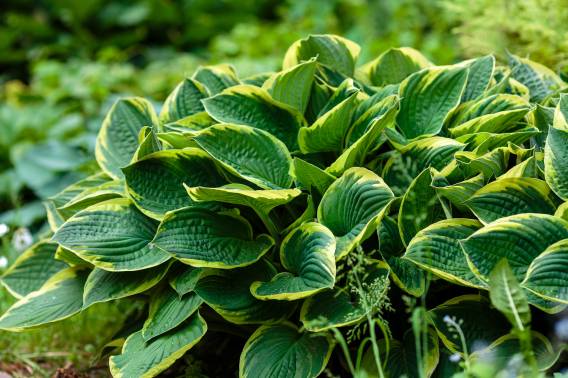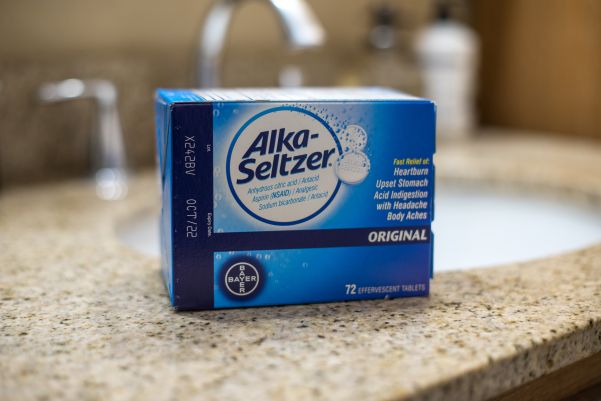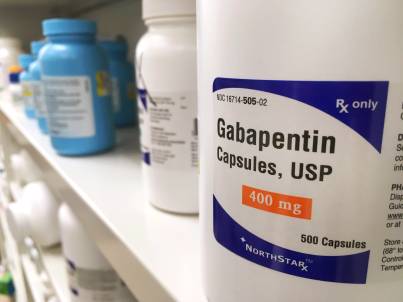Connect with a verified veterinarian in minutes. Licensed vets are available 24/7 to answer your questions. No need to worry about your furry family member.
Hostas are popular in certain parts of the country and add quite a bit to a yard! You may have some of these in your own yard. But what happens if your dog eats hostas?
Has your dog eaten hostas? Are you worried the hostas may make your dog sick? If so, you’ve come to the right place. We understand it can be scary when your dog eats something like this.
We’ve gathered information about hostas and whether they can make a dog sick. Let’s get started!
What are Hostas?
Hostas are perennial plants that are hard and low-maintenance. They prefer shady areas but do some filtered light to stay healthy. There are over 40 species of hostas, and they are native to Eastern parts of Asia.
The plants grow low to the ground and have ribbed leaves at the bottom of the plant. The plants may also have flowers that grow on stalks. The stalks emerge from the leaves and grow in clusters of white or blue-purple. These plants are popular for use in landscaping; however, they can also be grown in the house.
While some animals, such as deer, don’t seem to get sick from eating hostas, what about dogs? Can hostas make a dog sick?
Hostas & Dogs
Unfortunately, hostas can make a dog pretty sick. The reason is that the plants contain saponins, which are toxic to dogs. They are toxic if ingested or through skin contact. These substances can cause foam to develop in the intestines and cause paralysis of the digestive tract. This can cause death.
When this happens, the digestive tract may twist. Skin contact causes irritation and pain.

Review symptoms, medications & behavior to keep your pets healthy with a Vet Online in just minutes.
Ask a Vet Live NowSymptoms of Hostas Ingestion in Dogs
You may notice these symptoms if your dog has eaten hostas:
- Diarrhea
- Excessive drooling
- Vomiting
- Bloating
- Twisting of the intestines
- Distress
- Loss of appetite
- Abdominal pain
If you notice any of these symptoms in your dog, call the vet immediately. This is an emergency. It’s important not to wait and see if your dog’s symptoms improve. Saponin works quickly and only worsens as time goes on.
Do not induce vomiting unless directed to do so by the vet.
Treatment of Hostas Ingestion in Dogs
The vet may first work to decontaminate your dog’s body by inducing vomiting, using activated charcoal, or other methods. Next, they will give your dog IV fluids; the IV also makes it easier to give medication quickly to your dog. In some cases, the vet may also give your dog an antihistamine if your fur baby’s having an allergic reaction to the saponins.
It is possible your dog may need to be hospitalized until he’s in stable condition. The vet will monitor your dog’s condition throughout this time and ensure he’s on the mend.
The prognosis is best for dogs that receive prompt medical treatment after eating hostas. However, healthy dogs usually make a full recovery. But the key is getting medical treatment ASAP.
In the future, you may want to consider keeping hostas out of the yard or at least out of your dog’s part of the yard. When you’re out for walks, be sure to pay attention to what your dog is sniffing and eating. You’ll both be happier for it!
Connect with a verified veterinarian in minutes. Licensed vets are available 24/7 to answer your questions. No need to worry about your furry family member.

Julie
Julie is a graduate of the University of North Carolina, Wilmington, where she studied Animal science. Though contrary to the opinion of her parents she was meant to study pharmacy, but she was in love with animals especially cats. Julie currently works in an animal research institute (NGO) in California and loves spending quality time with her little cat. She has the passion for making research about animals, how they survive, their way of life among others and publishes it. Julie is also happily married with two kids.
Review symptoms, medications & behavior to keep your pets healthy with a Vet Online in just minutes.
Ask a Vet Live Now





